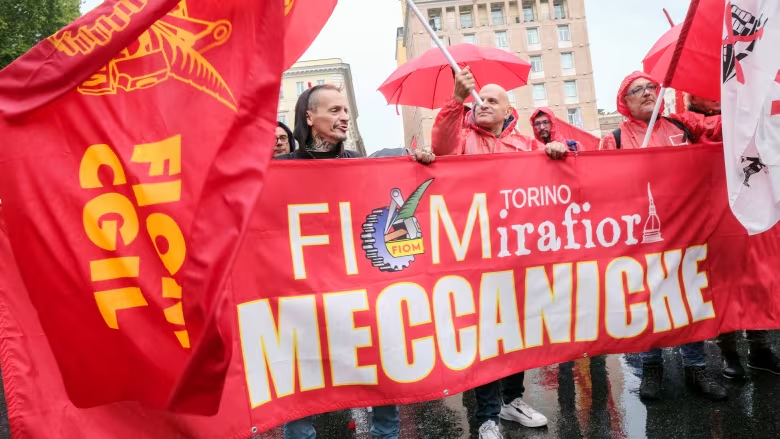
By Friends of Socialist China
In January, the Chinese tech startup DeepSeek stunned the world with the release of its R1 artificial intelligence model, which outperforms its major US-based competitors, at a fraction of the cost of development, requiring orders of magnitude less energy, and not relying on the latest and greatest semiconductors. The model is fully open source, and has been made available for free worldwide.
The release of DeepSeek R1 led to an unprecedented drop in share price for several US tech giants, most notably chip-maker Nvidia, which has been attracting enormous investment on the premise that the future of AI relies on faster and better semiconductors.
Just a few weeks earlier, the Chinese mobile app RedNote (Xiaohongshu / Little Red Book) unexpectedly gained a substantial user base in the US in the days running up to the Biden administration’s TikTok ban (which has since been suspended by Trump). The sudden appearance of millions of US users on RedNote led to an unprecedented cultural exchange between particularly young people in China and the US – in spite of the best efforts of the US government to prevent such exchanges.
In this rapidly-changing technology landscape, our webinar of 16 February 2025, organised jointly with the International Manifesto Group, addressed questions such as:
- Is the release of DeepSeek’s R1 model a “Sputnik moment”, as it has been described?
- Are we witnessing the decline of US technological hegemony?
- Why has DeepSeek had such a profound impact on the US tech market?
- Has Biden’s “chip war” with China been a failure?
- Can AI be a public good, or is it destined simply to generate profits for Big Tech?
- Is China’s socialist market economy outperforming Western neoliberalism?
- In what way is China’s approach to AI different to that of the US?
- What is China’s Global AI Initiative?
- How are Chinese technologies such as RedNote and DeepSeek impacting perceptions of China?
Speakers were as follows:
- Radhika Desai (Convenor, International Manifesto Group, moderator)
- Alan Freeman (Economist, co-director of the Geopolitical Economy Research Group)
- Li Jingjing (Journalist and broadcaster, CGTN)
- Gary Wilson (Author, War and Lenin in the 21st Century)
- KJ Noh (journalist, political analyst and peace activist)
- Ben Norton (China-based broadcaster and geopolitical analyst)
- Michael Roberts (Marxist economist and blogger)
- Ali Al-Assam (Managing Director of the NewsSocial Cooperative)



Be the first to comment